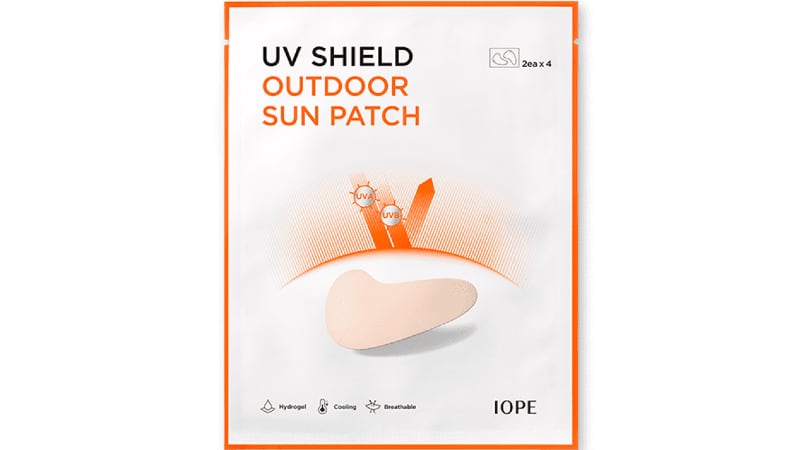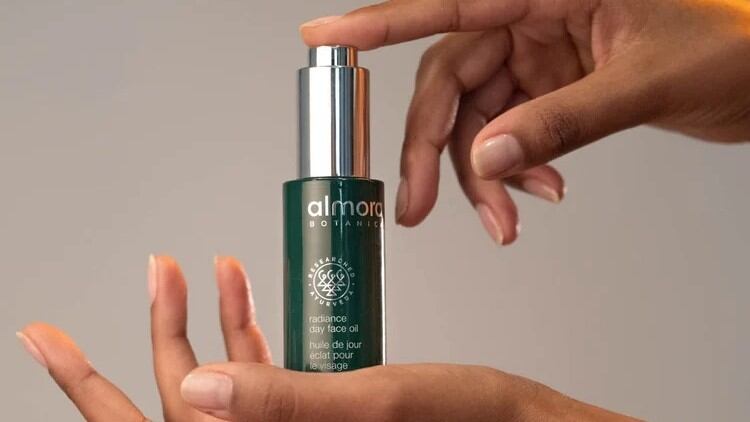The rise of social media platforms has revolutionised the way we consume information. However, when it comes to dermatological advice, one of the main issues on platforms such as TikTok is the lack of credibility and expertise.
Virtually anyone can create and share content, including skin care tips and advice, without proper qualifications or training. This can result in the dissemination of inaccurate information and potentially harmful recommendations.
“A person can’t call themselves a dermatologist, but they will do all sorts of things to get around the legal side of things. Certainly, social media is something people use to publicise themselves as a specialist when they’re not trained specialists in dermatology,” said Professor Roy Chan, president of WCD 2023
Chan, a senior consultant at Singapore’s National Skin Centre, said there was “no doubt”, that the dermatological community needed to do more to educate the public to dispel misinformation.
Speaking at the event press conference, Chan called upon regulators like the various ministries of health to help the dermatological community crackdown on such instances.
Professor Lars French, president of the International League of Dermatological Societies (ILDS), echoed Chan’s views.
“We need to communicate the difference between a board-certified dermatologist and the rest – safety is the big issue.”
However, social media can be harnessed for good, as French beauty giant L’Oréal has proven.
The company’s derma beauty brand CeraVe, has worked with dermatologists to encourage daily use of sun protection with a TikTok campaign. The #FaceItLikeADerm campaign earned 631 million video views on TikTok.
During WCD 2023, the company launched a new social media initiative called Skin in the Game, a gameshow that aims to educate the public about skin health. Such ‘edu-tainment’ content leverages the power of engagement to make learning more accessible.
‘Cowboy territory’
The issue stretches beyond social media, French highlighted. ILDS understands from its members that there are people practicing like dermatologists without have board certification.
“It's a concern of the International League of Dermatological Societies. Several of our members societies are saying that many people in countries – even countries like Canada, the US – are practising like dermatologists without really being board certified.”
This is even more concerning in the field of aesthetic dermatology, French added.
“One of the worrying side effects of a treating that is done by so many people is, for example, injecting hyaluronic acid in the face and getting a loss of vision in one eye. This is something that happens more frequently when performed by non-board certified [dermatologist].”
Professor Martin Chio, a senior consultant at Singapore’s National Skin Centre and head of the Department of Sexually Transmitted Infections Control (DSC) Clinic emphasised that the professional and regulatory bodies need to work closely together to clamp down on these issues.
“If there’s no regulation, then it’s cowboy territory and everyone will find loopholes,” said Chio.
French concluded: “The government and authorities have to help us to clamp down and make sure that the plaque does indicate board certified or not. And also, to prosecute and go after people who are practising under the name as a board certified and not board certified. It's a process really that has to move forward in the next years.”
Largest medical convention in Singapore
Held from July 3 to 8, WCD 2023 was attended by more than 11,000 people from 130 countries. The congress traces its roots to Paris in 1889 and is held every four years.
This is only the third time that the medical conference has been held in Asia after Japan and South Korea in 1982 and 2011 respectively.





